Beschrijving
VegeCat Supplement: Veganistisch Voedingssupplement voor Katten
VegeCat ™ staat katten toe om veganistisch te eten sinds 1986!
Sinds 2021 is er een NIEUWE gistvrije formule en een 50% verkleining van de hoeveelheid. (Raadpleeg de literatuur en het etiket voor aanpassing van de dagelijkse dosering)
De 250 gram gaat 3 maanden mee voor een kat van 4,5 kg en 500 gram gaat 6 maanden mee.
Dosering van het supplement:
NIEUWE dagelijkse dosering: 2⁄3 theelepels (2,7 g) voor een kat van 4,5 kg.
Tekst volgens Compassion Circle:
Aanbevolen gebruik:
Onze recepten vermelden de hoeveelheid supplement die nodig is voor dat recept. U kunt de hoeveelheid voedsel die u bereidt verhogen of verlagen door alle ingrediënten in het recept proportioneel te verhogen of te verlagen. Het gewicht van uw kat bepaalt hoeveel hij of zij eet, en onze recepten hebben de juiste verhoudingen om aan de voedingsbehoeften van een kat van elk gewicht te voldoen. Het supplement kan het beste worden gemengd met bereid warm voedsel, maar het supplement kan ook tijdens het kookproces worden toegevoegd.
”Geef uw kat vers bereid voedsel voor een superieure gezondheid. Gebruik ingrediënten die u vertrouwt zonder dierlijke producten te gebruiken.”
Hoewel katten carnivoren zijn, kan in hun voedingsbehoeften worden voorzien door een goed aangevuld plantaardig dieet. Het Vegecat ™ -supplement levert de voedingsstoffen die katten nodig hebben uit niet-dierlijke bronnen, waaronder: taurine, veganistische vitamine D3, voorgevormde vitamine A en een bouwsteen van L-carnitine (methionine). Vegecat ™ -recepten zijn zorgvuldig samengesteld om lysine (de andere bouwsteen van L-carnitine), voldoende proteïne, essentiële vetzuren in de juiste verhouding en al het andere te bieden dat nodig is voor een gezonde kat. Wij raden af om recepten aan te passen zonder overleg met een dierenvoedingsdeskundige.
Alle recepten bevatten voedingsgist. We raden ten zeerste aan om onze VegeYeast te gebruiken, een biergist die is gemodificeerd voor zuurgraad. Als uw kat allergisch is voor gist, is Vegecat ™ nu gistvrij. In plaats van voedingsgist in recepten, mag je tweemaal per week een vitamine B-complex van 50 mg toevoegen.
De ideale urine-pH voor een kat is 6,0 tot 6,5. De pH van de urine kan thuis of bij een dierenarts worden getest. Natvoer is het beste voor de urinaire gezondheid van katten. Als u voornamelijk droge brokjes voert, kunt u het beste vocht aan de voeding toevoegen. Gepureerde groenten voegen vocht toe en extra vitamines en mineralen. Groenten mogen niet meer dan 10% van het dieet uitmaken om ervoor te zorgen dat aan de eiwitbehoefte wordt voldaan. Zie de receptinstructies voor meer informatie.
De Vegecat ™ -receptenbrochure vergezelt het Vegecat ™ -supplement, en recepten zijn online beschikbaar. Lees het inleidende gedeelte van de receptenbrochure goed door voordat u maaltijden klaarmaakt.
U vindt ook prachtige recepten in Dr. Pitcairns Complete Guide to Natural Health for Dogs & Cats (4e editie). Omdat het volume van het Vegecat ™ -supplement is veranderd sinds de eerste druk van het boek, zijn er aanpassingen aan de portiegrootte nodig. Zie deze webpagina voor aangepaste hoeveelheden, of voeg gewoon dagelijks het supplement toe op basis van wat er op de verpakking staat.


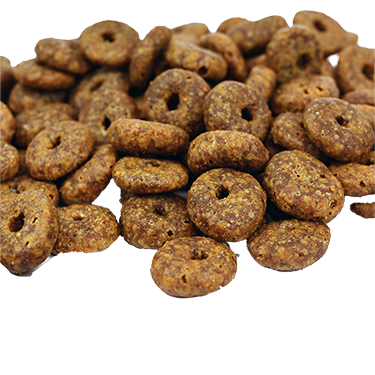


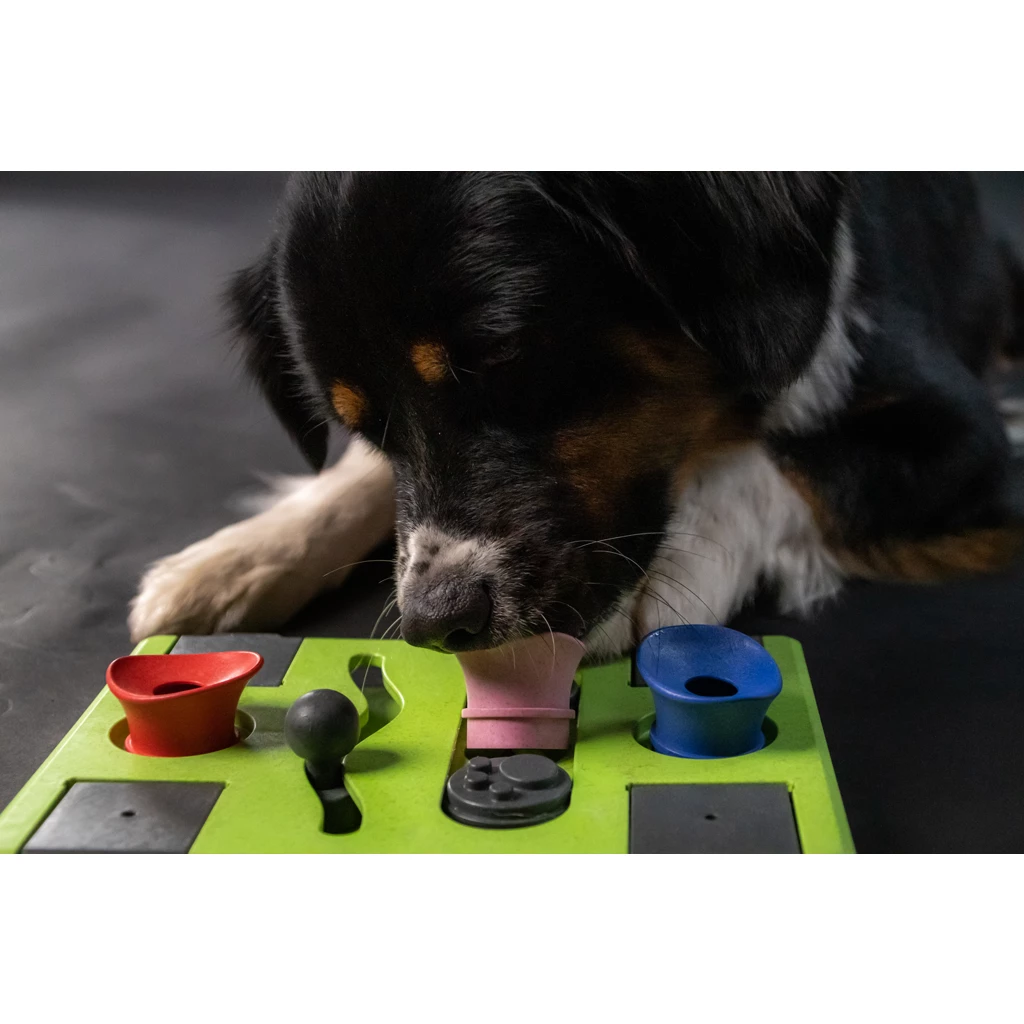





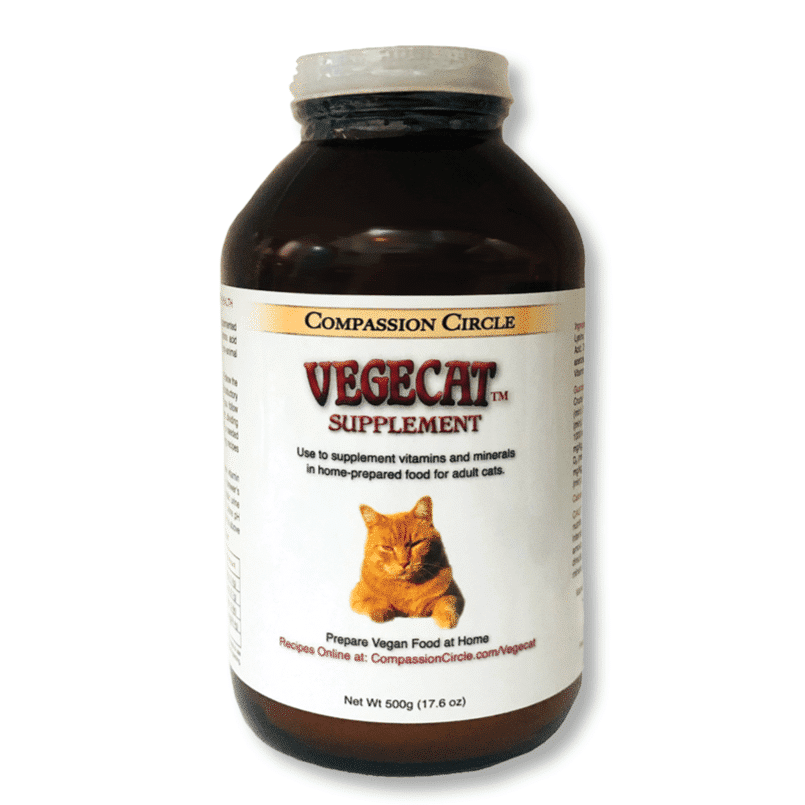
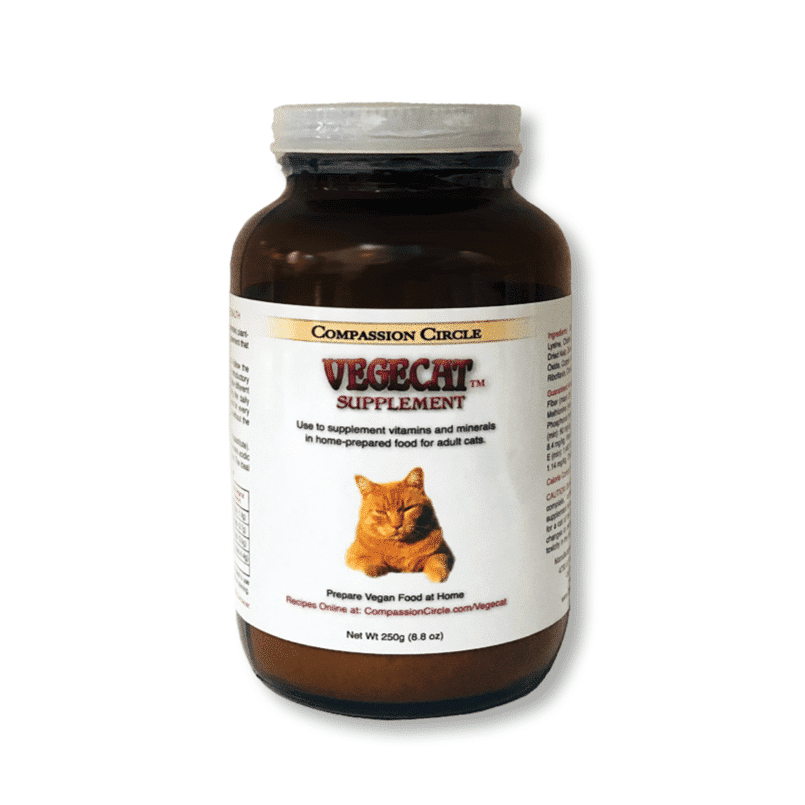
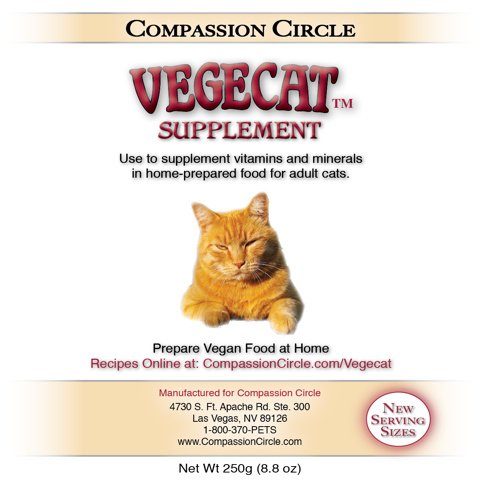
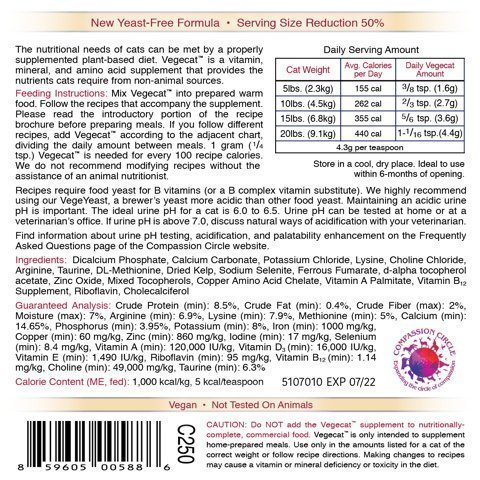
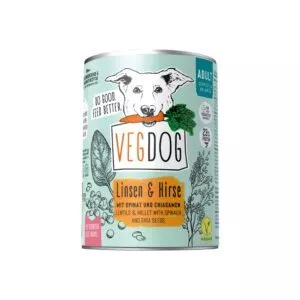

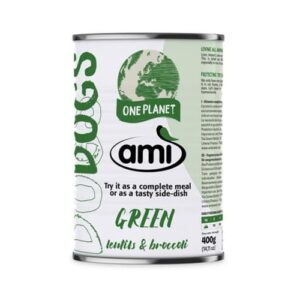


Beoordelingen
Er zijn nog geen beoordelingen.